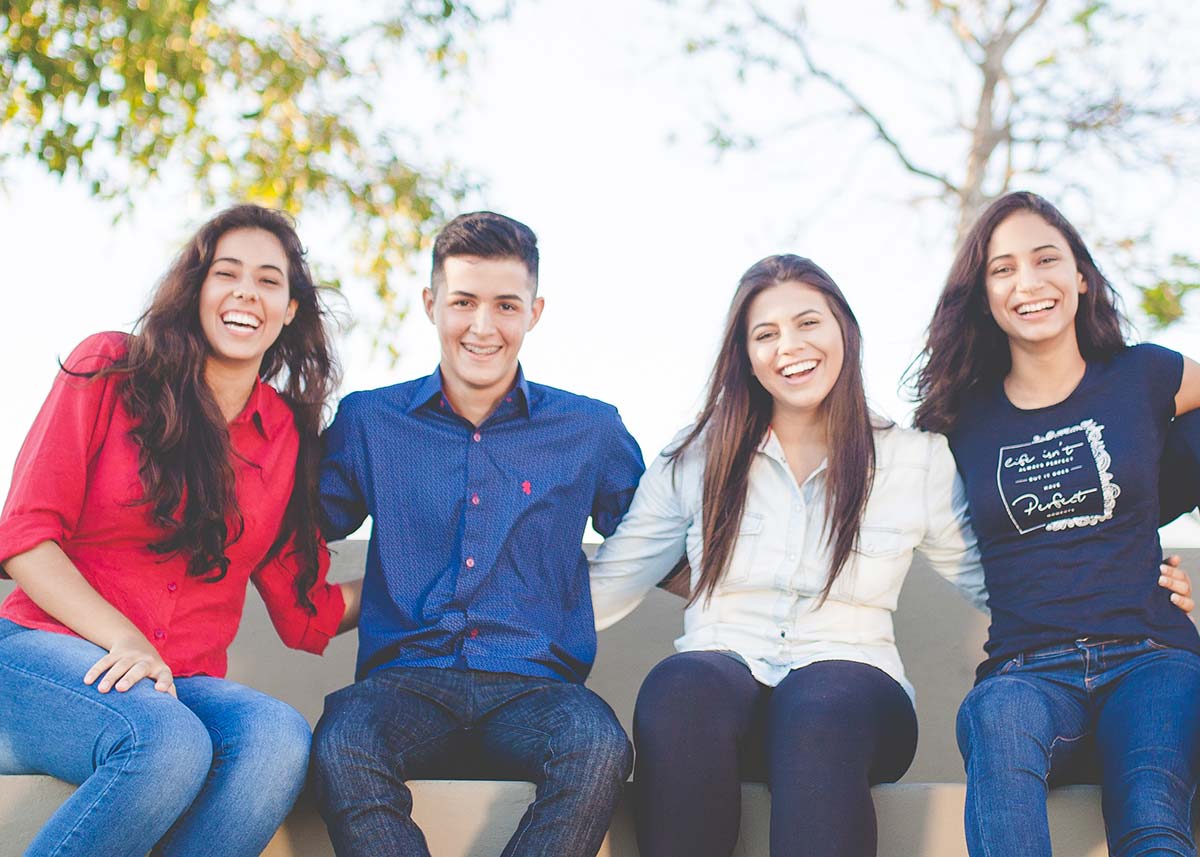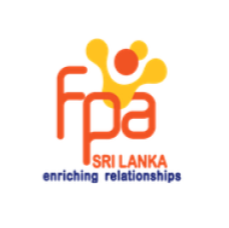Adolescent reproductive health and challenges

The transition from childhood to adulthood, during the ages 10-19, beginning with the onset of puberty can be a confusing period for most. During this adolescence period one undergoes biological transition, which is characterized by puberty, related changes in physical appearance, the attainment of reproductive capability and psychological transition.
While adolescence brings many changes to one’s bodies, it also brings new vulnerabilities to human rights abuses, particularly in the arenas of sexuality, marriage and childbearing. Millions of girls are coerced into unwanted sex or marriage, putting them at risk of unwanted pregnancies, unsafe abortions, sexually transmitted infections (STIs) including HIV, and childbirth complications.
Menstrual related challenges and gender based violence are the commonest reproductive health problem among girls. Among boys, the main reproductive concerns are related to masturbation and sexual harassment usually from people known to them.
Low condom use increases the risk of transmission of HIV and STI and teenage pregnancy is a major concern because of its impact on the overall health and well-being of both mother and child. In particular, women younger than 20 years of age are at high risk for pregnancy related illnesses and death and adolescents often report their pregnancies later than adult women.
Many face barriers to reproductive health information and care and even those able to find accurate information about their health and rights may be unable to access the services needed to protect their health. Inadequate opportunities for adolescents to learn about reproductive health issues too represents a significant operational barrier to reproductive health services.
There is also little public awareness about adolescent reproductive health primarily due to cultural taboos that have made it difficult to openly discuss key issues. The same cultural taboos that have inhibited open discussion have hampered marketing campaigns to promote greater use of contraceptives.
There is also an obvious lack of reliable data as reproductive issues are sensitive to discuss and difficult subjects for data collection. However, as long as data are scarce and the severity of reproductive issues is not made known to the public, political commitment for a coherent reproductive health policy will be difficult to achieve.
Sexual and reproductive health and rights education is defined as “an age appropriate, culturally relevant approach to teaching individuals about sex and relationships using scientifically accurate, realistic, and nonjudgmental information. Comprehensive reproductive health education helps in empowering young people to protect their health and wellbeing. Young people must be empowered to know and exercise their rights, including the right to delay marriage and the right to refuse unwanted sexual advances.
Separate youth friendly services such as Yowun Piyasa offer a variety of services such as medical examinations, counselling/ providing life skills, sexual and reproductive health services, syndromic management of sexually transmitted diseases, management of nutritional problems/non communicable diseases and prevention of substance use.
The adolescent health services must be adequate and priority must be given to it being delivered in an acceptable manner. Such services must have medical practitioners who are properly trained in youth friendly service provision. Quality services would lead to an efficient delivery of a holistic, youth-friendly health-care package of awareness, safe and affordable contraceptive methods through reliable and confidential services through the pharmacy network, sensitive counselling including pre-marriage counselling, specialized obstetric care obstetric, antenatal care for all pregnant women and girls and prevention and management of sexually transmitted infections,
NGOs must partner up with the government, civil society, young people and youth-serving organizations to actively promote and protect the sexual and reproductive health and human rights of adolescents with supportive programmes been made available to young people who are marginalized or hard to reach. In this manner, the challenges faced by many boys and girls can be countered.
.png)



